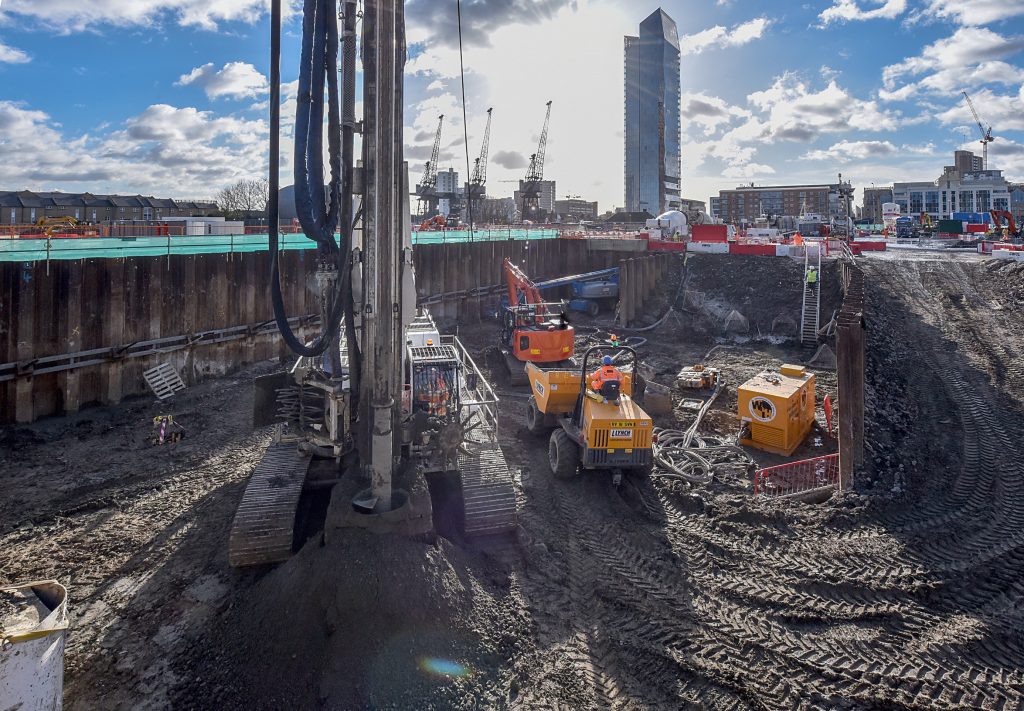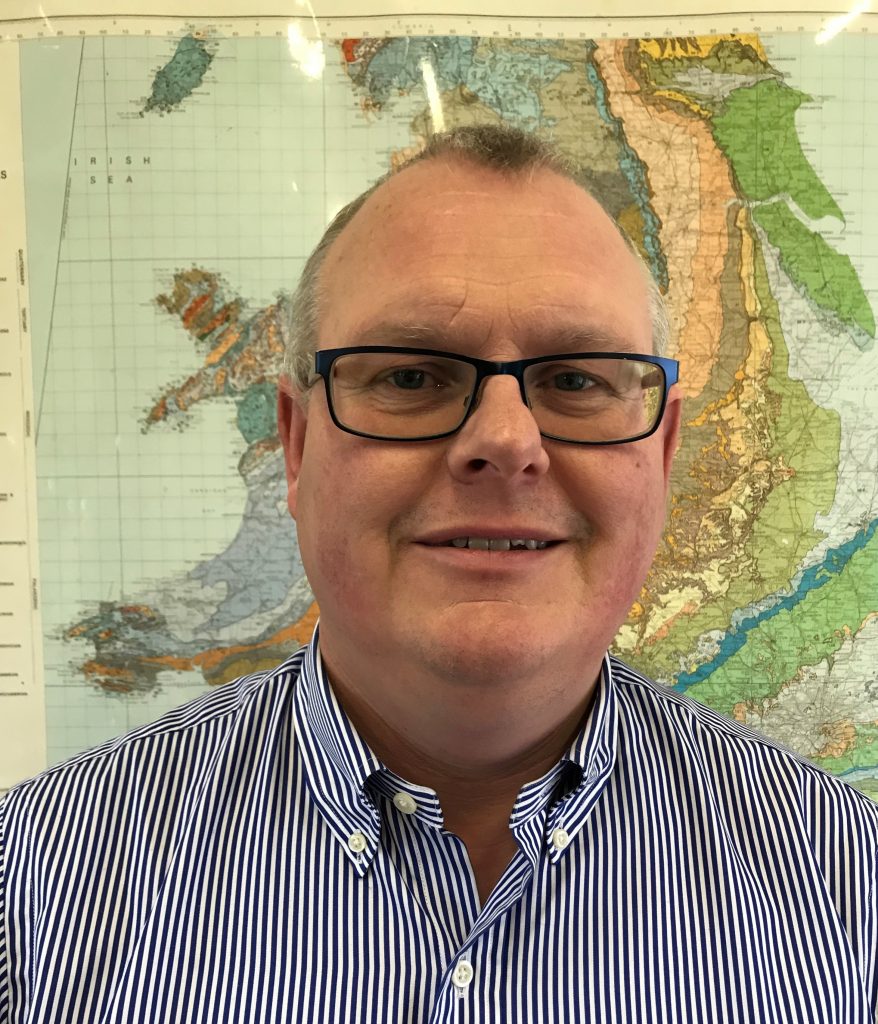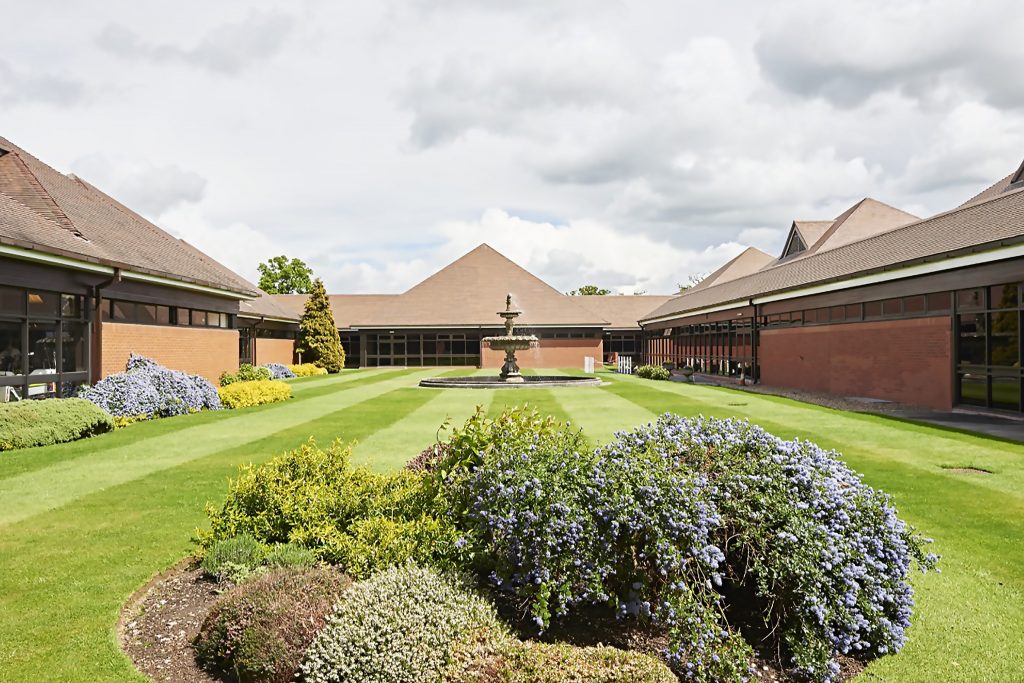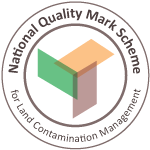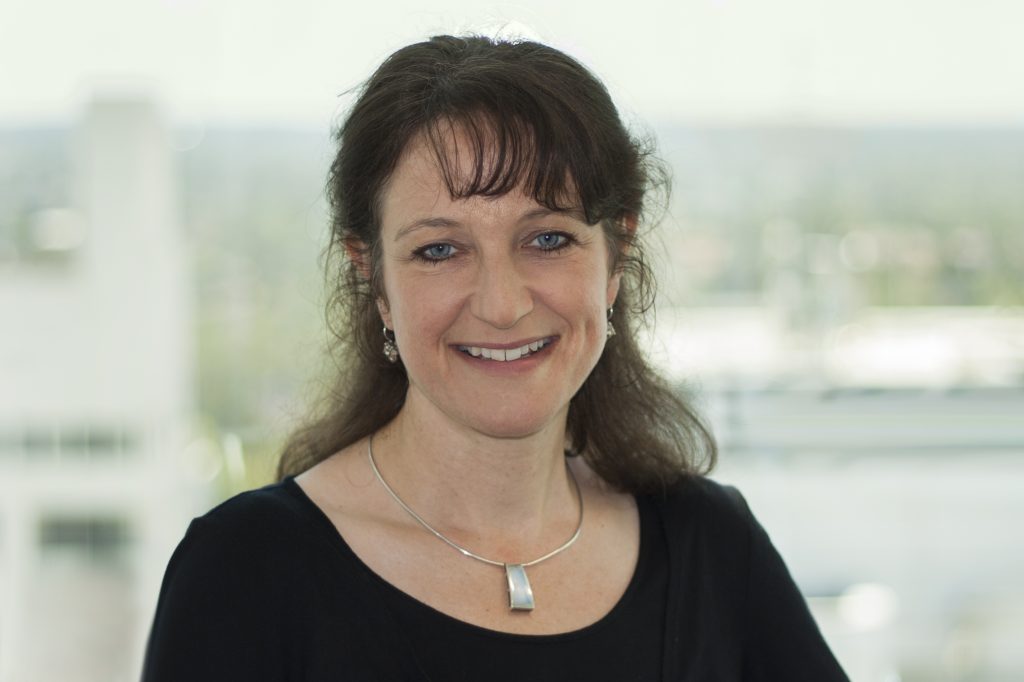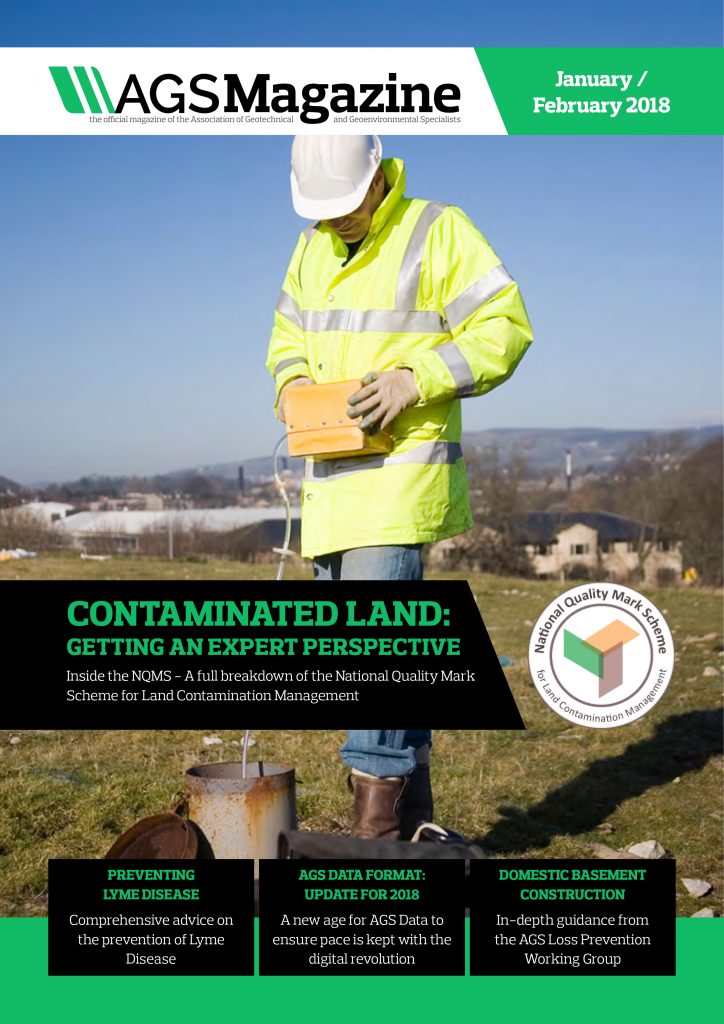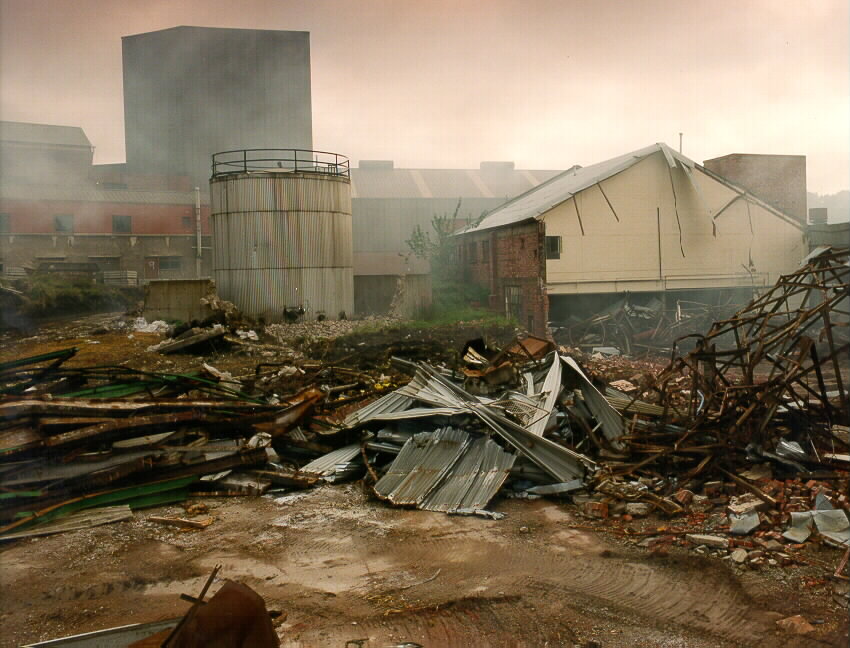
A Team Approach to Unlocking Complex Brownfield Sites
As engineers, geologists and environmental consultants, a large part of our careers is spent working in teams. It allows us to work across different disciplines, companies and sectors; it allows us to work with technical specialists, planners, clients and regulators. The dictionary definition of teamwork is “the combined action of a group, especially when effective and efficient”. This is the nub of WSP’s approach to unlocking complex brownfield sites – essentially, how to use effective teamwork, across disciplines and technical specialisms to deliver significant and tangible benefits in the land development projects we work on.
Where are all the Brownfield Sites?
The Housing & Planning Act 2016 put in place regulations to ‘prepare, maintain and publish a register of land’, effectively a ‘Brownfield Register’, by the end of 2017. The Act compels local authorities to keep a comprehensive register of brownfield sites suitable for redevelopment for housing. Once identified, the local authority will be responsible for securing planning consent on 90% of suitable brownfield land by 2020.
There are a number of criteria that must be satisfied before land can be included in the brownfield register. Most importantly, it must be capable of development and be free from constraints that cannot be mitigated. This will need to be supported by strong evidence of the mitigation of development constraints.
Importantly, the legislation provides ‘Permission in Principle’ status for sites that make it into Part 2 of the Brownfield Register, thereby streamlining the planning process on these complex sites. The Government is hoping that this streamlined planning process will open up more sites for housing development and speed up granting of planning consent.
Keeping this in mind, we think that the introduction of the Brownfield Register will allow us to take a more integrated approach to the assessment of development constraints including potential constraints related to contamination and ground risks in general.
Initial Indications from the Brownfield Register
All local authorities in England were required to prepare, maintain and publish their brownfield registers by 31 December 2017 and the vast majority have done so. The information in the registers is showing some very interesting trends.
In the initial pilot study phase of the publication of the register, 53 local authorities identified ‘suitable sites’ that could provide 273,000 homes. If this is scaled up to a national level, then suitable sites could provide some 1.1 million homes.
We have reviewed the content of the initial pilot study registers. We have looked closely at local authorities located in the South East with a focus on 12 of them. Within these 12 registers, there are 773 sites representing delivery of 44,474 residential units. However, of these, some 63% already have planning permission in place or pending.
Referring to one particular Local Authority register, Medway Council, it has a respectable 45 sites with 1,325 units. However, 35 of these sites are less than 1 hectare, 25 sites are less than 0.25 hectares and, most importantly, 35 sites already have planning permission in place.
The Brownfield Register for the City of Westminster shows a similar trend. It identifies 101 sites within the Borough with a total plan area of almost 35 hectares that could deliver over 6,000 units. However, 72 of these sites, representing 17 hectares and almost 3,500 units, already have full planning permission in place or pending.
So, this raises some important questions. How much new land, without planning consent, will actually come forward from the publication of the brownfield registers? Additionally, with a large proportion of sites identified being less than 0.25 hectares, outside of the major metropolitan areas, will these smaller sites really be of interest to developers?
In relation to the Brownfield Register, we feel that there has been a good start but much more needs to be done to give local authorities and developers the tools to bring brownfield land back into beneficial use.
It is also worth noting that where remediation costs make marginal sites unviable there are emerging funds from Government to support these through the Marginal Viability Fund.
A Constraints-Led Approach to Masterplan Development
In the Brownfield Register, we now have a potential repository of brownfield land that is free from constraints that cannot be mitigated and doesn’t currently have planning consent. Next, we need to develop an appropriate masterplan that will maximise the value and potential of the site.
All too often, sites are presented to technical advisors where the masterplan has been fixed before the contamination and other technical assessments have been carried out. The masterplan is set, the development constraints are understood, and then the bun fight starts over how the conflicting technical requirements of the project can be met. For example, one paradox that we regularly see in conditioned planning consents is a condition maximising the use of SuDS in the drainage scheme with a second condition prohibiting infiltration drainage through made ground. A clear conflict!
A far better approach, a far more cost effective and sustainable approach, is one where the development constraints are screened and assessed and then mapped. Only at that stage is a targeted masterplan developed, working with the identified constraints. This is something that is strongly promoted by Homes England (formerly the HCA). We have worked closely with them in developing an early screening tool that looks at all development constraints and only then will they decide on the proposed masterplan and mix of uses. The result is a masterplan that works with the potential development constraints on a site rather than battling against them with a ‘fixed’ masterplan.
Many of these constraints are interconnected and cannot be treated in isolation. Decisions we make on contamination remediation may have a significant impact on the foundation solution for buildings, the design of road pavements, flood risk mitigation or ecological protection and enhancement. Contamination remediation for domestic gardens, for example, is likely to be simpler and of lower cost if the planning consultant doesn’t decide at an early stage to put them over the most heavily contaminated part of the site.
How NOT to Masterplan a Brownfield Site
Inefficient masterplanning of complex brownfield sites that fails to unlock their potential appears all too frequently. Take, for example, a 12 hectare, former chlorine manufacturing site that was presented to WSP after the first attempt at masterplanning the site failed. The site was being redeveloped for mixed residential, commercial and industrial use as the works were no longer viable and the processes were some 40 years old.
This site had huge development potential but also came with some significant development constraints. All the buildings needed to be decommissioned and demolished; it had a flooding stream running along one boundary; there were sensitive ecological receptors on adjacent land and it had some major geotechnical and contamination issues in the ground.
In arriving at the original masterplan, it seems that very little consideration was taken of any of these potential constraints…
• The housing was placed in the location of greatest mercury soil contamination.
• The heavily loaded commercial buildings were located in an area of weak alluvial soils.
• The ground level car park was located close to the adjacent sensitive ecological receptors.
Abnormal development costs has been estimated at £20m with a long programme of ecological, contamination and ground improvement mitigation measures. Discussions with the local planning authority had been tense and fraught with difficulties, adding further to development costs and programme.
The Client knew that there had to be a better solution and so went looking for alternative advice. This is where WSP became involved.
At the outset, we gathered the whole project team at a workshop to openly talk through the Client’s aspirations, the scheme proposals and the development constraints. A number of low cost, initial technical assessments were carried out to understand the key issues. Through this collaborative approach, a development constraints plan was produced that led to a much improved masterplan. This revised masterplan allowed us to work with the constraints rather than against them, often turning them into opportunities:
• The high sensitivity residential element was moved to a less contaminated area of the site and away from the area of greatest flood risk.
• The areas of greatest ecological interest were allocated to public open space.
• The car park for the commercial element was moved away from the ecologically sensitive area and into the area of greatest flood risk, allowing for temporary flooding of the car park in the design.
• The area of mercury soil contamination was allocated for car parking reducing the remediation requirements.
• The commercial buildings were moved away from the areas of soft alluvial soils, thereby reducing abnormal foundation requirements.
The Council were involved at an early stage in the discussions and played an important part in developing the revised masterplan. This approach locked in their full buy-in and approval of the scheme from the outset. Overall, remediation costs were reduced by 80% and ground improvement, ecological and flood mitigation works were removed almost entirely.
The Opportunity for Developers and their Advisors
The Housing Minister has said that The Housing and Planning Act will be a catalyst for regeneration by simplifying and speeding up the planning process and unlocking brownfield sites for redevelopment that would otherwise be constrained or passed over. The Act is designed to kick start a national crusade (no less) to get 1 million new homes built by 2020 with a concentrated focus on brownfield regeneration. There is a great opportunity for our whole industry to contribute to this aspiration with a sustainable, collaborative and solutions-led approach to land regeneration.
The opportunity for land developers is clearly around the effectiveness and efficiency of addressing development constraints in this way, and the associated programme and costs savings. The opportunity also lies in sites being included in the Brownfield Register and obtaining Permission in Principle through that designation.
Teamwork
Using the integrated multi-disciplinary approach outlined above, we see a great opportunity to improve the outcomes of the masterplanning process. WSP’s view is that early screening and ranking of the technical risks is critical to understanding development priorities. We also feel that early collaboration is essential to achieving our clients’ development aspirations – get around the table and talk!
The industry needs to challenge development strategies for difficult sites and innovate in our solutions to address complex development constraints. And we need to engage with the regulators and planning authorities to get them on side and address their concerns.
In essence, there are three simple concepts we feel should be considered on all brownfield site developments:
1. Carry out technical screening at the earliest opportunity so you don’t paint yourself into a corner with a constrained masterplan.
2. Ensure that the project technical advisers operate as an integrated team, talking across disciplines and consulting with regulators to identify and address development constraints as early as possible in the process.
3. Aim for positive development outcomes using the team’s expertise to work with potential development constraints rather than against them.
As mentioned at the outset, the results of teamwork can be measured against the effectiveness and efficiency of the outcome. “If everyone is moving forward together, then success takes care of itself.” – Henry Ford. Useful advice in car manufacturing and also in unlocking complex brownfield sites.
This article was contributed by Andy O’Dea, Technical Director – Ground Risk & Remediation, WSP and featured in the March/April issue of the AGS Magazine, which can be viewed here.
